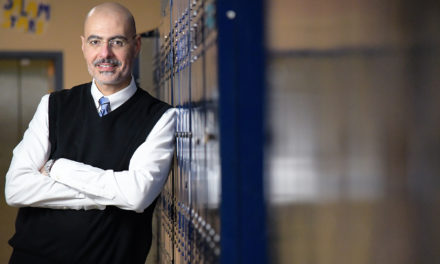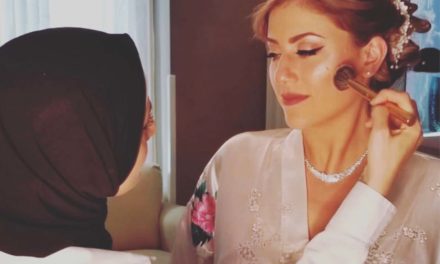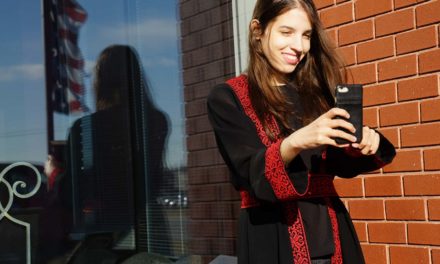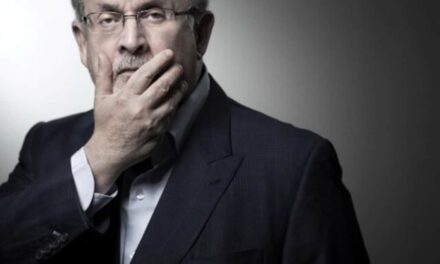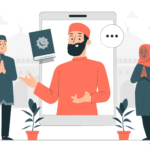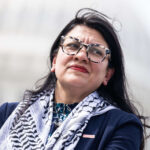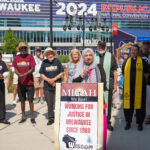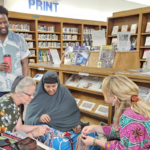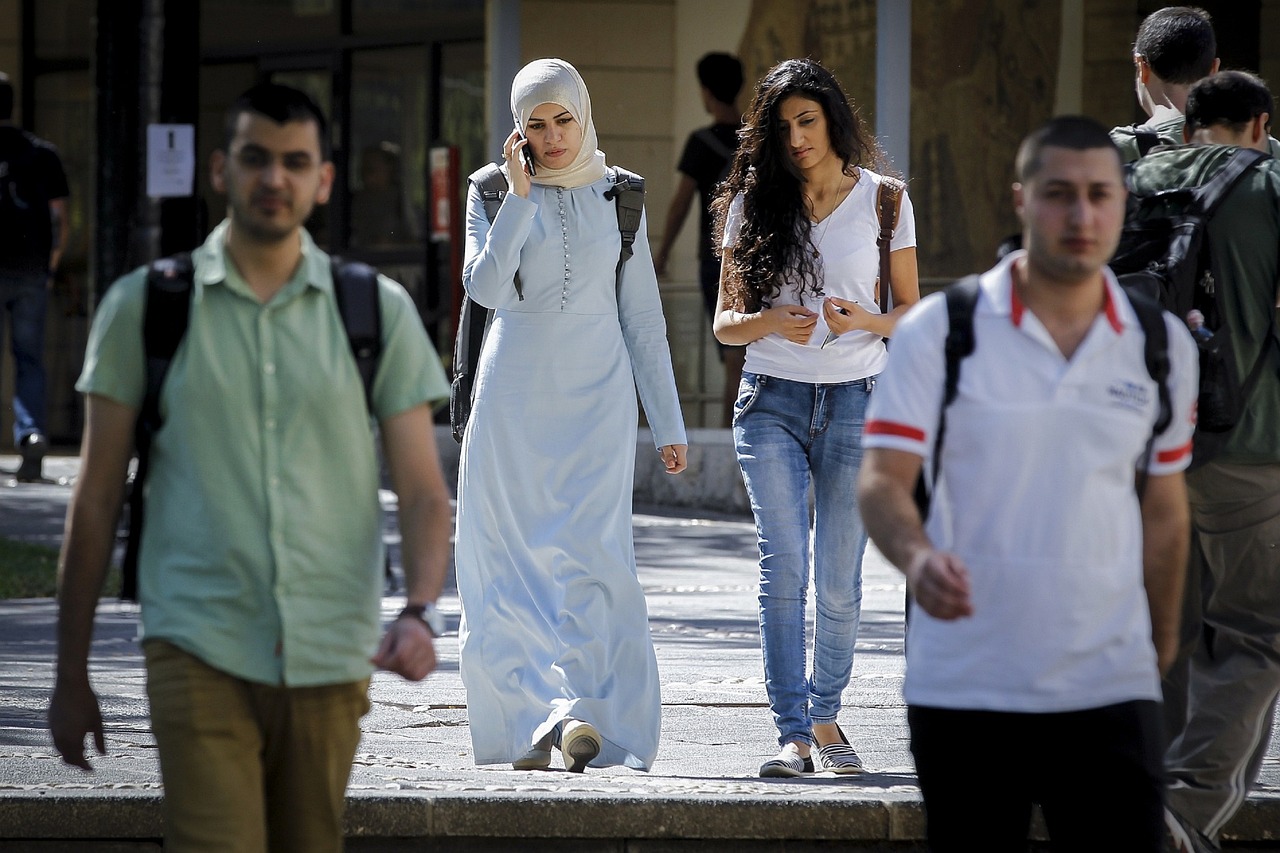
Photo by Ted Erski
In spite of an increasingly digitally connected world, Americans report being lonelier than ever.
“Loneliness is now an epidemic in the United States” and it has terrible consequences, said Duaa Haggag, M.A., L.P.C., a community educator with The Family & Youth Institute, a national research and educational institute that focuses on Muslim mental health and family wellness. She spoke Sept. 17 at the Milwaukee Muslim Women’s Coalition’s 2nd Annual Behavioral & Mental Health Conference.
(See the full conference at these links: Day One and Day Two.)
The child, adolescent and family therapist cited a May 3 advisory by U.S. Surgeon General Vivek Murthy, M.D. who called loneliness a public health crisis. “Approximately half of U.S. adults report experiencing loneliness, with some of the highest rates among young adults,” the advisory said.
“Lacking social connection increases the risk of premature death by more than 60%,” it reported. “The physical health consequences of poor or insufficient connection include a 29% increased risk of heart disease, a 32% increased risk of stroke and a 50% increased risk of developing dementia for older adults.”
In addition, “the risk of developing depression among people who report feeling lonely often is more than double that of people who rarely or never feel lonely. With more than one in five adults and more than one in three young adults living with a mental illness in the U.S., addressing loneliness and isolation is critical in order to fully address the mental health crisis in America,” the surgeon general wrote.
Fortunately, “there is a medicine hiding in plain sight—social connection,” he said.

We can work on our mental health but until we address the macro problem of social isolation, people will still be lonely, Duaa Haggag, M.A., L.P.C., to mental health professionals attending the MMWC Behavioral & Mental Health Conference.
In an hour-long session, Haggag, who is also a therapist for children, teens and families in private practice and a mentor for Muslim youth and families through the Muslim American Society, discussed the importance of social connection, and how we can all help ourselves and others develop meaningful relationships.
Mental health in an age of loneliness
In his advisory, the U.S. surgeon general said loneliness is the Number One public health threat, Haggag noted. “It states that one in two Americans report feeling lonely, and this was before COVID. Among youth ages 18 – 24, eight out of 10 report feeling lonely.
“Loneliness increases the risk of depression and anxiety in both children and adolescents. It is the strongest predictor for suicidal ideation. That’s a big deal and we’re not paying attention!”
Loneliness is not solved by being in the physical presence of other human beings (though being in the vicinity of others has its benefits), she explained. “It’s the emotional feeling you have inside. You could be by yourself painting and feel content. We need a sense of a shared narrative with others and a feeling of a deep relationship in order to be healthy.
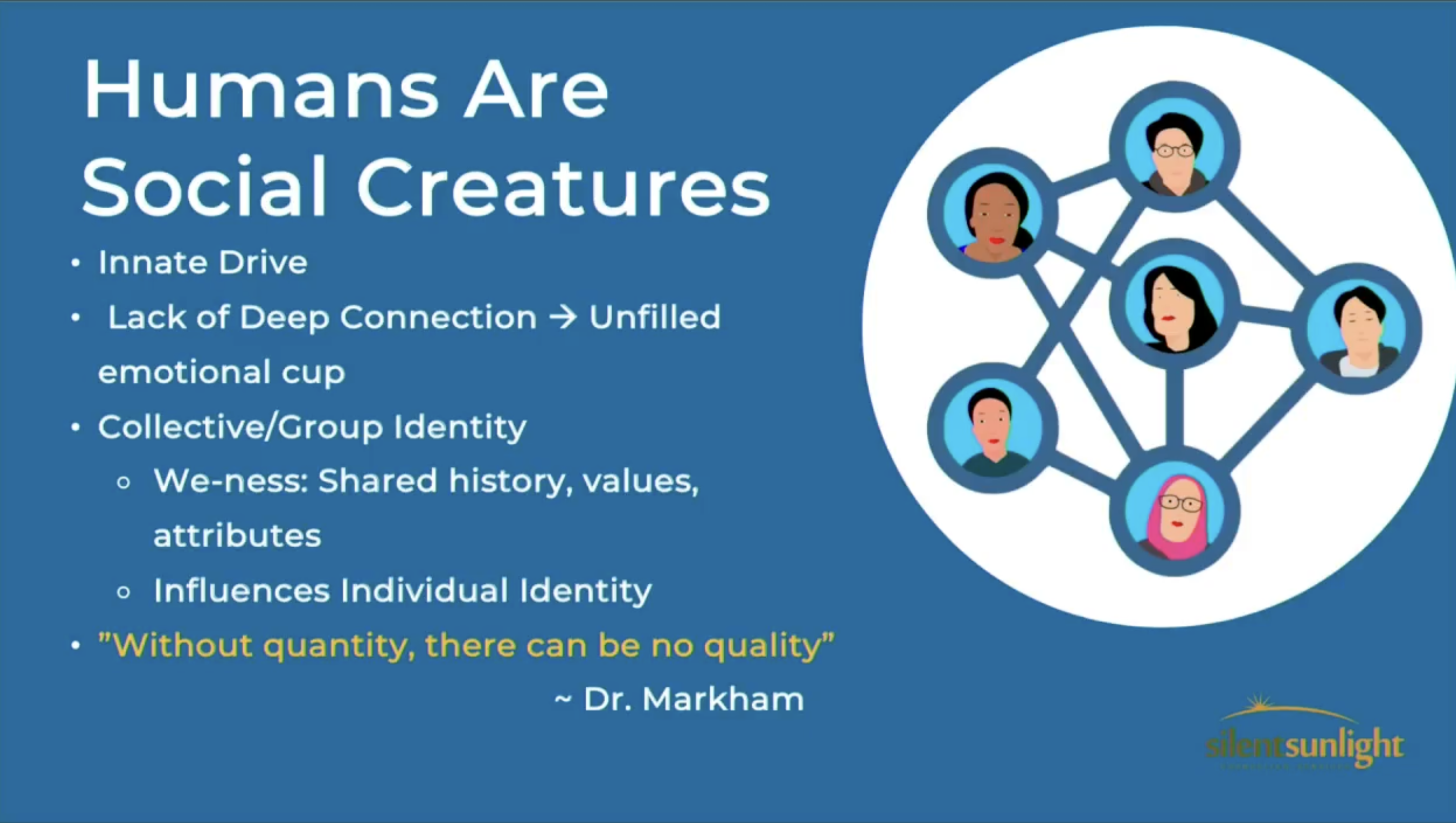
Haggag referred to an Aug. 28 Time magazine article that has angered therapists. It highlights simultaneous rises in therapy and mental health problems. “They said therapy isn’t working. If you actually look at the article, with all these statistics about how mental health issues are rising even though we have access to a lot of mental health care, something’s not adding up. What’s happening here?”
We have a “macro problem,” Haggag explained. “Sometimes it’s not just the individual issues people have. They could work on themselves all day but if they don’t feel like they’re part of a group, if they feel like they don’t belong,” they will face difficulty when trying to improve their mental health.
Loneliness is especially challenging for Muslim youth
“We see young people on their phones, using social media, and we’re thinking they’re being social. That’s the world they live in.”
Social media does have some benefits, she explained, “but it is often used as a replacement for in-person relationships. Young people will say, ‘I’m already hanging out with my friends online.’ They don’t understand that being in the vicinity is very important. Being on social media lowers in-person engagement. Young people, ages 15 to 24, are spending 70% less time in in-person social interaction with their friends. That’s a big, big increase!
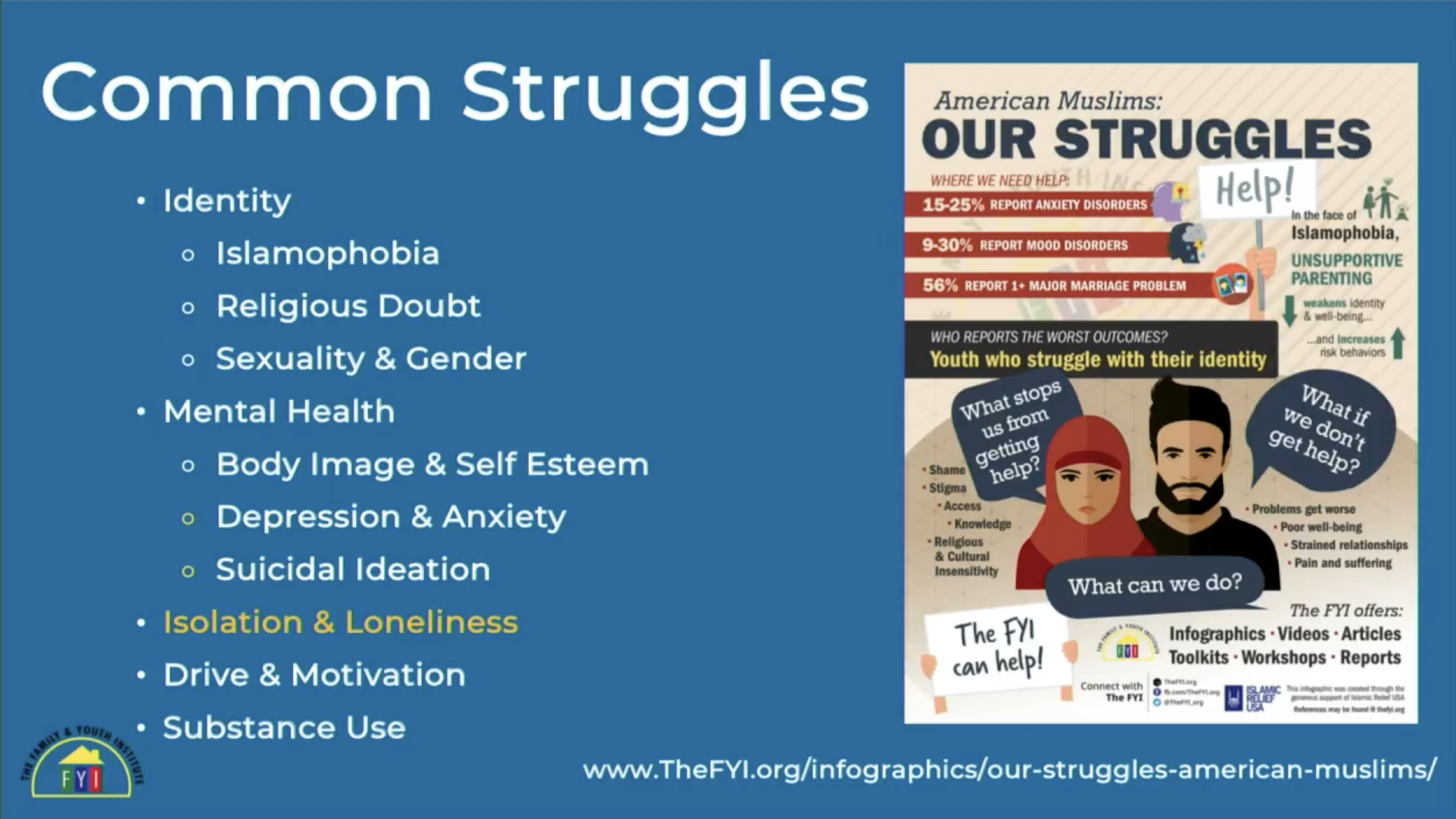
“There is something to be said about being within the energy of other humans. It’s a different experience than being with them on a screen.”
American youth are experiencing a heightened sense of isolation, which can contribute to the rise in anxiety and mood disorders, Haggag said. For Muslim youth, the risks are greater because young Muslims are often struggling with their identity due to Islamophobia and other factors. “There are a lot of questions they’re asking themselves and trying to figure out, and oftentimes they don’t find the answers or the support to do that. So, they feel very alone.“
Feeling alone affects their drive and motivation, she added. It can also lead to problems like substance use and thoughts of suicide.
In addition, anxiety, depression and suicidal ideation make some Muslims feel guilty, Haggag said. “The thinking goes like this: If you’re a practicing Muslim, you’ll never have to worry about being depressed or anxious or suicidal.” Young Muslims with these feelings may feel ashamed. They feel they have no place to go.” Haggag urged Muslim communities to create safe spaces for them, “especially in our mosques.
“Muslims come into my office to talk about mental health and say things like, ‘I know I’m not supposed to feel this way because I’m Muslim and I have this connection with God,’” she said. “I reassure them that these feelings are part of the human experience.”
One issue is the Islamic rulings on suicide, she said. “A lot of people feel guilt and shame because they had suicidal ideation. They’ll ask, ‘Does that mean I’m going to hell?’ What it really boils down to is whether or not it was voluntary or involuntary. Having a mental health issue is an involuntary thing.” She recommended The Family & Youth Institute’s Suicide Prevention Toolkit as a culturally specific resource.
Haggag, who integrates Islamic psychotherapy in her work with Muslims, shared stories from the Quran and Islamic tradition that address feelings of loneliness.
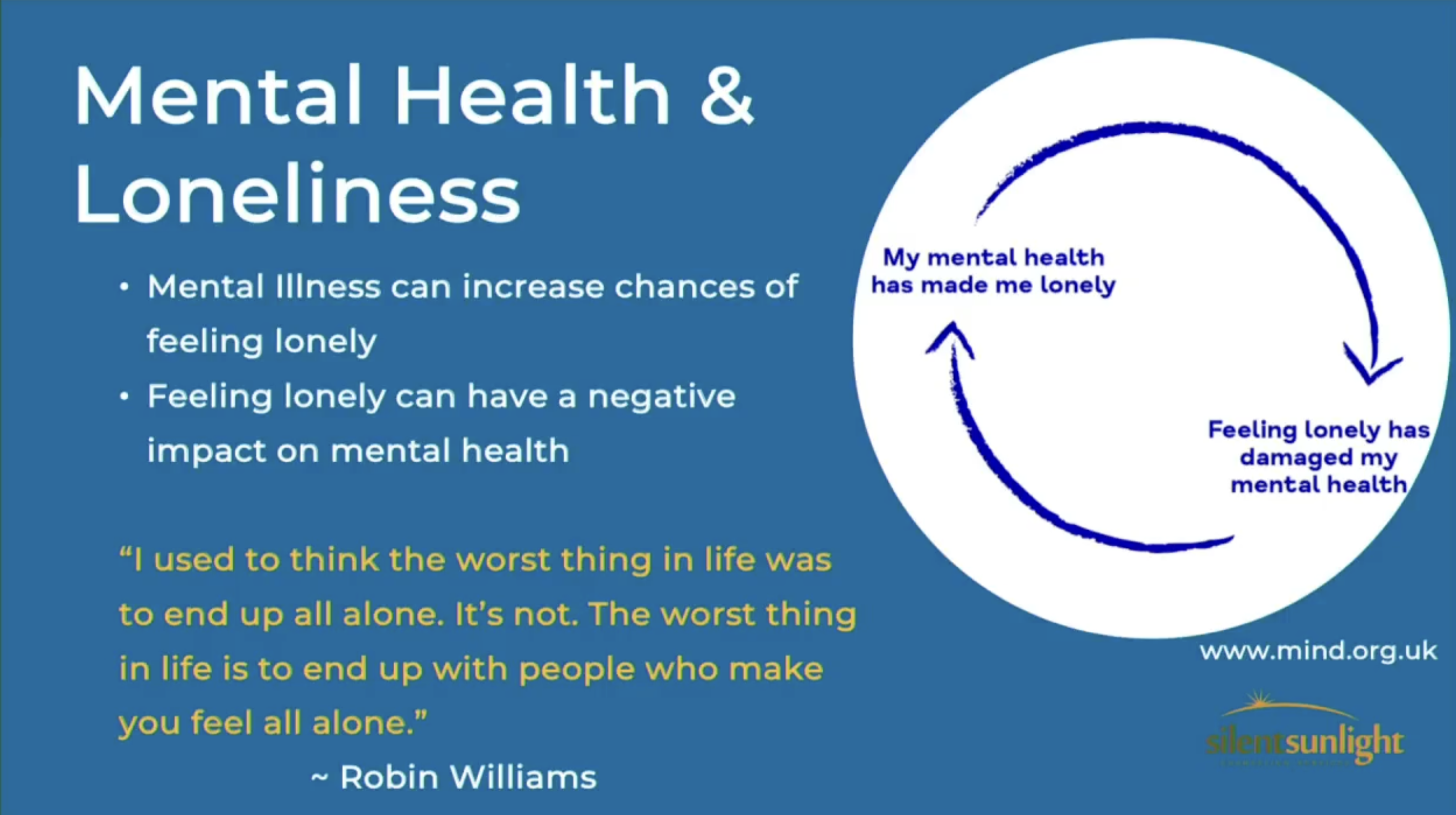
“There are many prophetic examples and important spiritual people in our tradition who, at one point in their lives, felt very lonely,” Haggag said. “The Quran and our tradition teach us that as human beings we will feel alone. You’re not less of a Muslim because you feel lonely.”
Building connection
Haggag shared a video of a broadcast journalist during COVID whose toddler burst into his at-home set as the reporter tried to continue his newscast. The clip went viral.
“Why?” she asked.
“Because we can relate,” an audience member answered.
“And that tells us something about the human experience,” Haggag said. “We want to connect. It’s important for us to connect. That’s how we build those bridges.
“The key is to be able to really connect with people on a deeper level,” she said. “That’s what a lot of us are missing when we talk about loneliness.”
Haggag led the audience through several exercises therapists might use with clients or can practice in their personal lives to build connections.
The first focused on storytelling. “A great mentor of mine, Patti Digh, author of Life is a Verb, said the shortest distance between two people is a story,” Haggag said.
She asked audience members to talk to the person sitting next to them about three questions: rose, thorn and bud. The rose would be a time and place where you felt very connected. The thorn would be either your biggest challenge to being socially connected or a place where you feel most socially isolated. The bud is your vision of the kind of social connection and relationship you hope for.
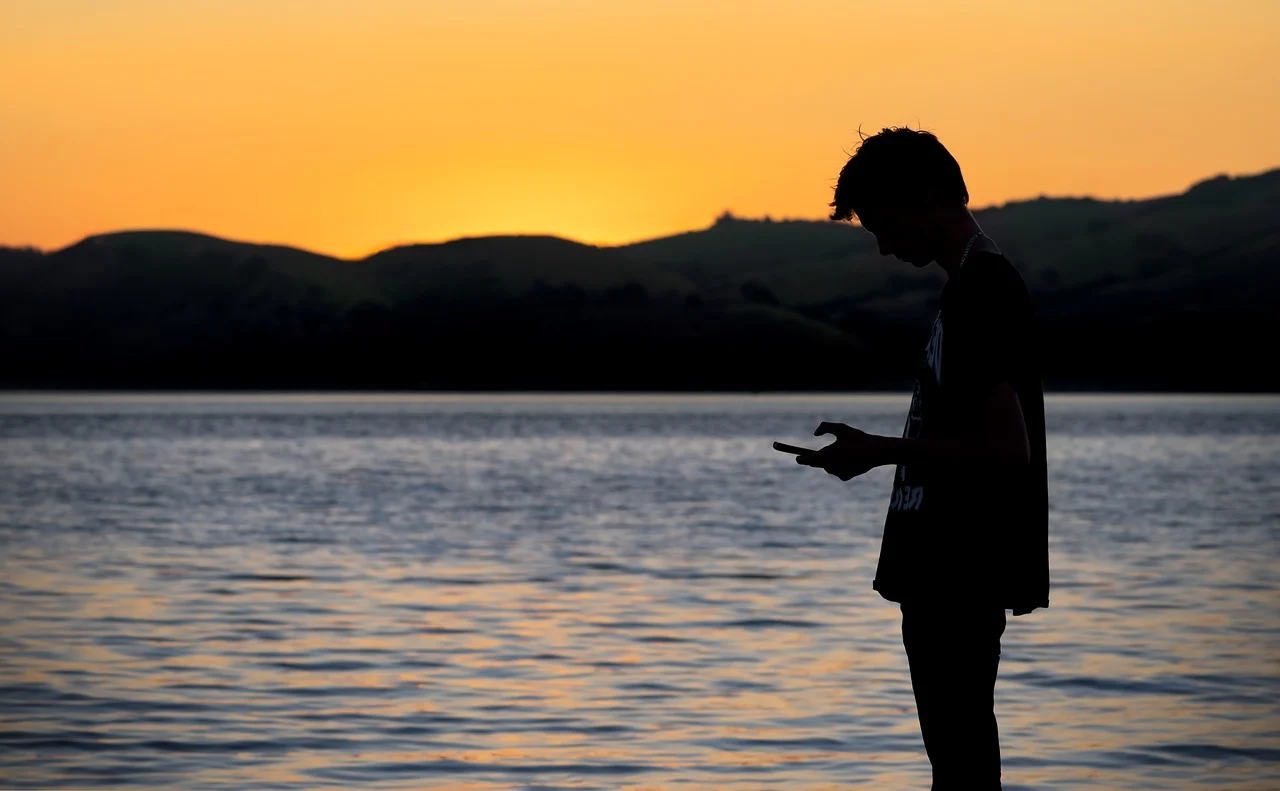
Another exercise Haggag does with young people is “Core Value Bank,” a tool she learned from Steven Stosny. “You categorize things that help you feel life is worth living,” she said. “Two of the boxes I have young people do is the ‘Love Box’ and the ‘Community Box.’ A lot of young people really struggle with the Community Box. I ask them, ‘Where do you feel a sense of belonging? Where do you feel like it’s your people?’ A lot of young people, particularly minoritized groups and Muslims in particular, feel like they don’t fit in.”
In a third exercise, Haggag asked the audience to turn to the person next to them and look into their eyes for a few minutes without speaking. Then she asked the audience to repeat the exercise while thinking of a personal experience of loss.
She related the experience of observing others closely to “stories from Islamic tradition of Prophet Mohammad, peace be upon him. He was a master of paying attention to the social cues and really feeling the emotions of others.”
Parenting lonely youth
As human beings, “we’re social creatures. We have this innate drive inside of us for deep connection,” Haggag said. “Human beings want to feel they have a collective or group identity. It is a part of who we are. We can’t live by ourselves. We can’t live alone. We need a shared history of values and attributes. And that the story we create influences our individual identity.
“Young people are very adept at scanning a room” to find “their people,” she said. “Just notice what is going on in any high school cafeteria.”
Developing quality relationships with others stems back to having them with one’s own parents, Haggag said. “And a quality relationship doesn’t happen without quantity, particularly in parent-child relationships.” (For more on this, Haggag recommended the book Peaceful Parents, Happy Kids by Dr. Laura Markham.
In 2017 research by the Search Institute, teenagers reported their top concern was not having enough time with their parents, Haggag noted. “Many find this really surprising. As the mom of three teenagers, I do because when you’re talking to your teenagers, they give the illusion that they don’t want to talk to you. They roll their eyes. They want to sit in their rooms. They want to stay on their phones. But deep down, they crave connection.”
The Search Institute’s research suggests ways to help young people you care about understand that you really care, including “just being in the vicinity of young people without asking questions. Young people often don’t like the interrogation: What did you do in school today? What did your teacher say? You have to give them that space and the understanding that you are there and you’re open to having that connectedness. They’ll come.”
When the U.S. Surgeon General’s advisory came out in May, it emphasized the vital importance of social connections. Just confiding in someone decreases the risk of depression by 15%.
“So, what’s the cure for all of this? The cure is to create a space for connection, to cultivate connection and to be creative in building these bridges.”
About the MMWC Behavioral & Mental Health Conference
With support from the Wisconsin Department of Health Services and Froedtert & the Medical College of Wisconsin, MMWC’s annual Behavioral & Mental Health Conference began in 2021 as a two-day conference for mental healthcare professionals to provide education that will help them better serve Muslim patients. Through collaboration with the Medical College of Wisconsin, attendees were able to earn CME credits.
More than 140 attended the second conference, held Sept. 16 and 17, to hear from experts in Muslim mental health from around the country and internationally.
For those who couldn’t attend, the opportunity to watch the conference online and earn 12 CME credits is available until Oct. 31. Registration for the CME credits is required beforehand. For more information, contact MMWC at staff@mmwconline.org or (414) 727-4900.
